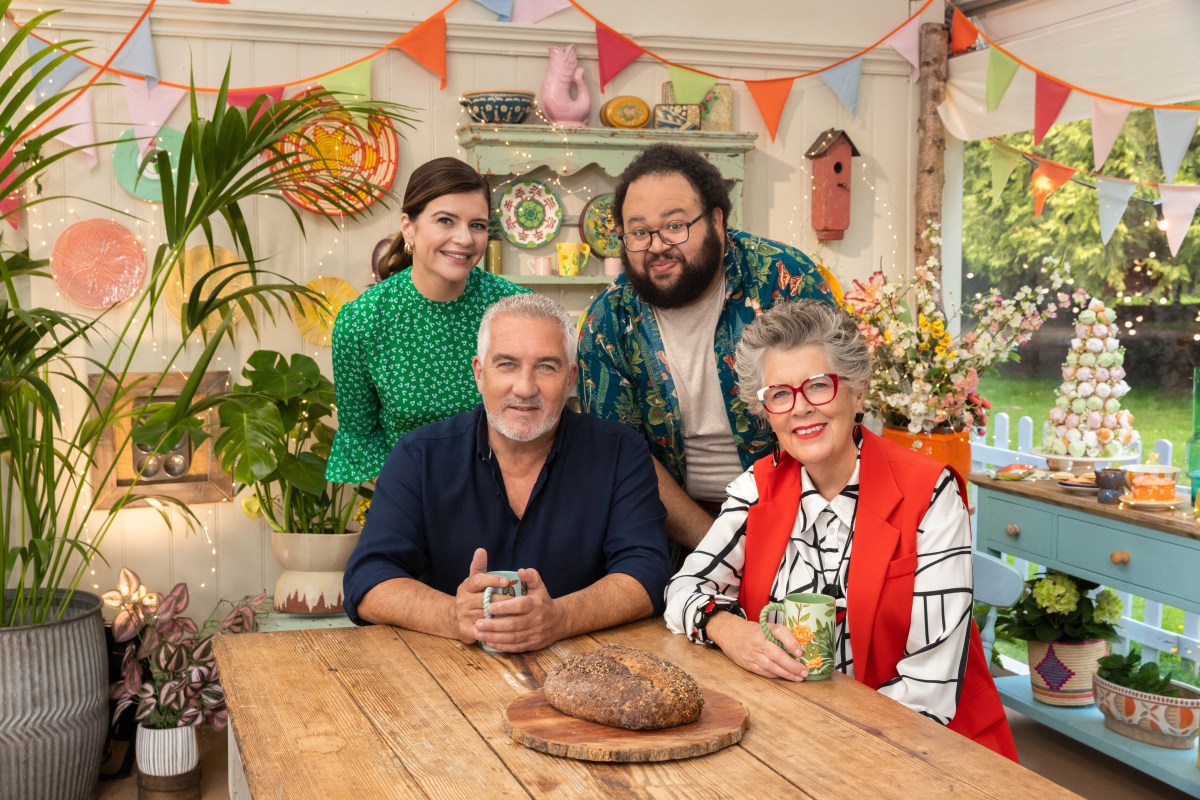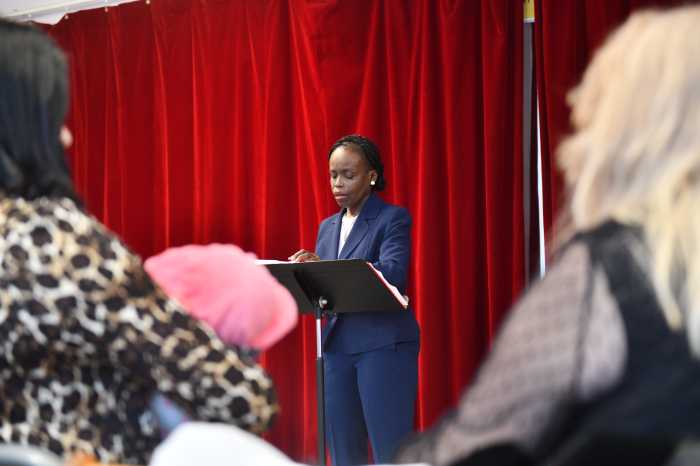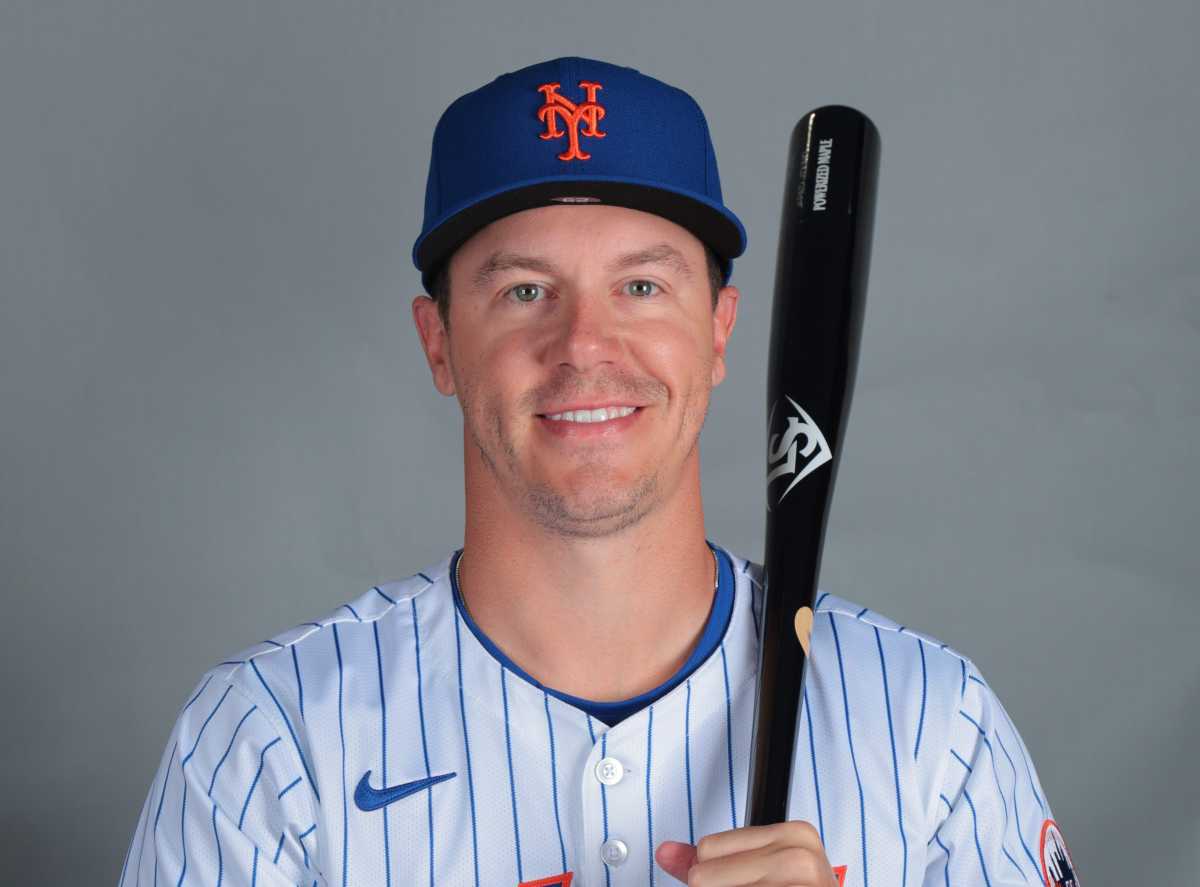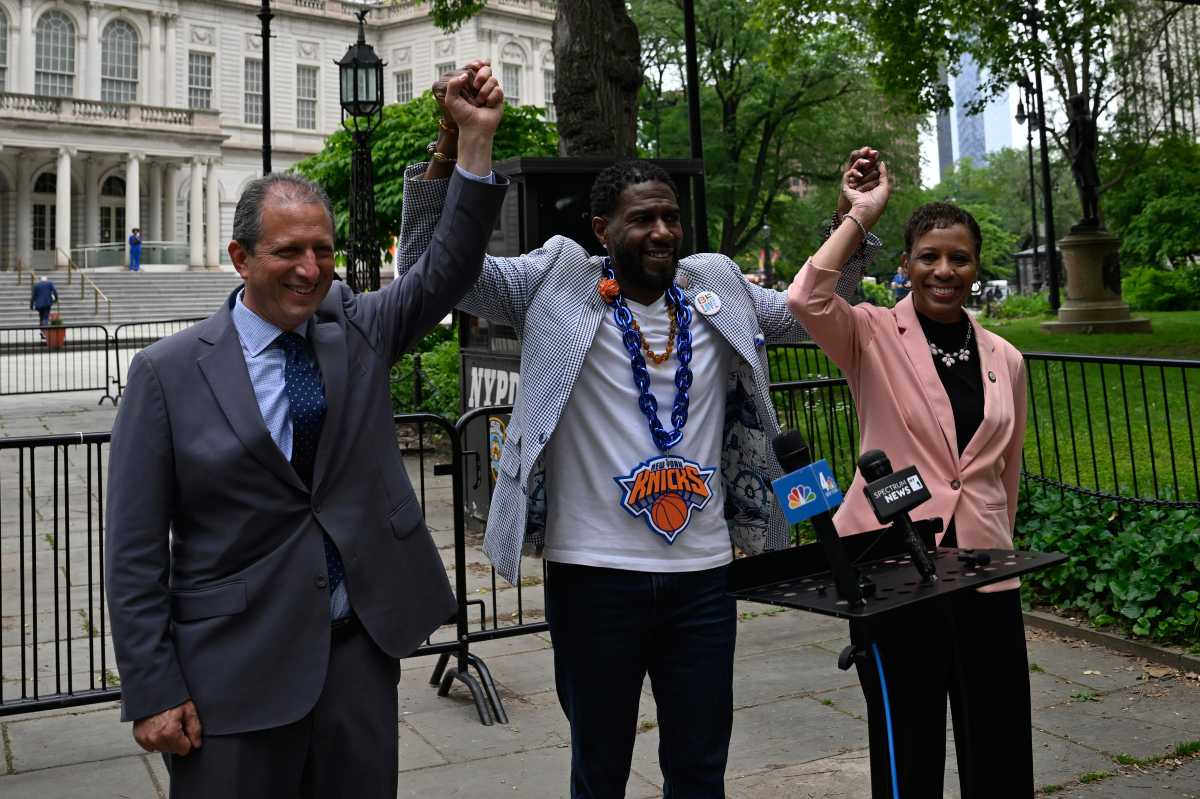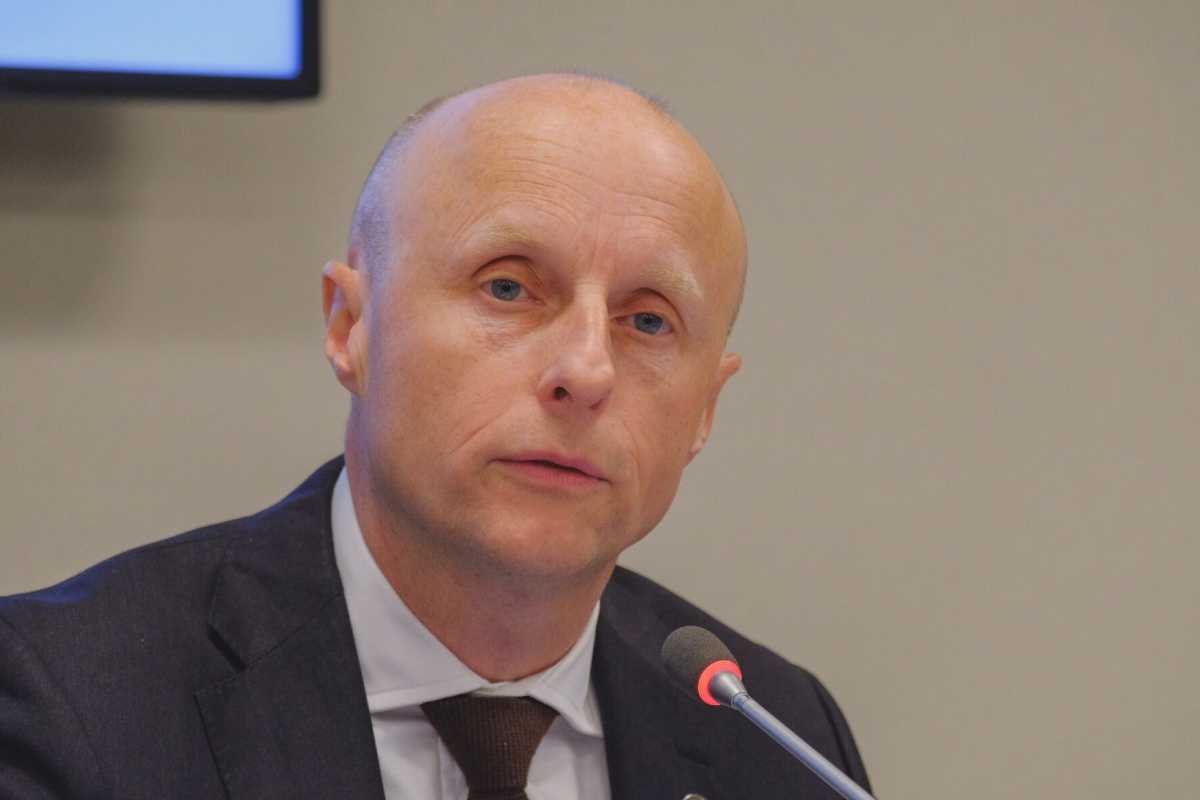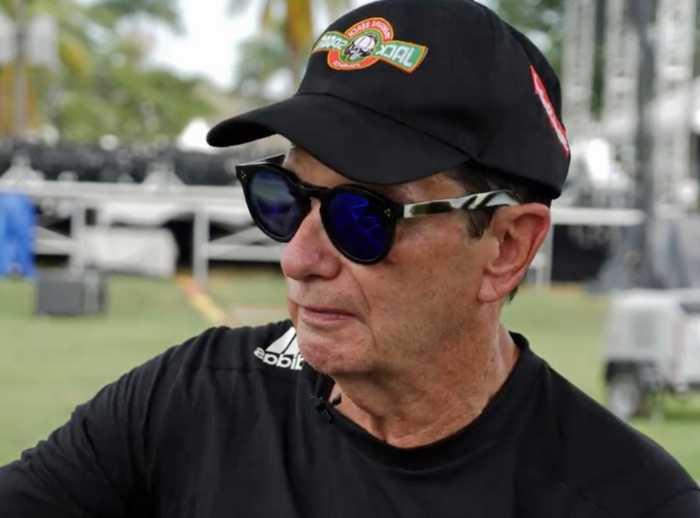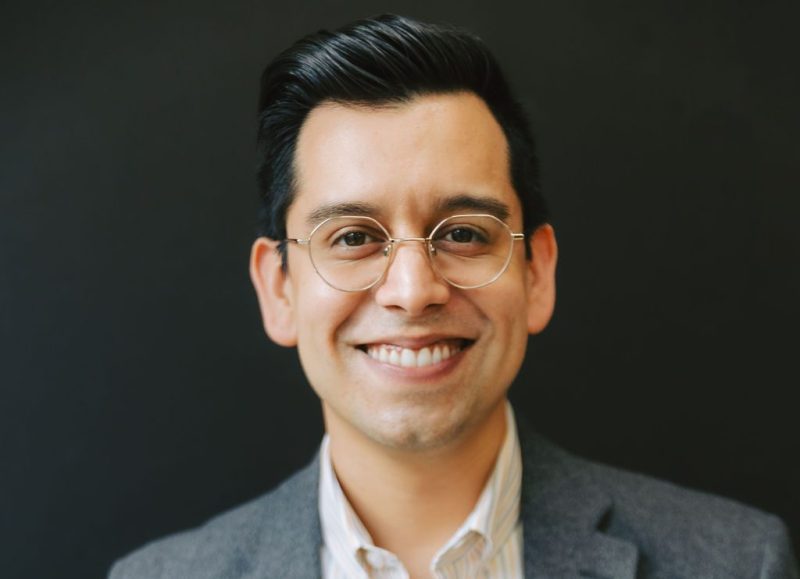More often than not, the term “dramedy” is being used to describe television shows that just don’t seem to fit squarely into the comedy or drama genres. BoJack Horseman on Netflix, Kidding on Showtime, Casual on Hulu – these and countless others have all been described as such. And then there’s AT&T Audience Network, which premiere Loudermilk season 2 last week.
Ahead of Tuesday’s episode, star Ron Livingston spoke with Metro about the challenges, and the fun, of doing “gallows humor” on a show that is as funny as it is serious. After all, co-creators Peter Farrelly and Bobby Mort set it in the world of drug addiction and rehabilitation.
Ron Livingston on ‘dramedy’ and Loudermilk season 2

“There’s a little gallows humor to the 12 step recovery world,” says Livingston, who plays the titular Sam Loudermilk. “There’s something about doing the work of recovery, and really getting under the hood and taking a hard look at yourself, and making an effort to understand it and change it, that brings real focus. It’s fun to play characters that aren’t built for that, but somehow, when the chips are down, they can. They know how important it is, and they just work at it.”
Loudermilk follows Sam, a former music critic whose life was upended by his alcoholism, but ultimately (and mostly) turned around by his friend Ben Burns’ (Will Sasso) rehab group. Now he’s leading his own group, though after a brief relapse at the end of season one, Sam’s finding it more difficult to cope with life’s challenges going into Loudermilk season 2.
“Anybody can be dramatic. Anybody can be funny,” explains Livingston. “The fun of this show is that we’re trying to do both at the same time. We’re trying to keep both of those balls in the air, and that’s hard to do.”
He’s not wrong. The inherent difficulties of trying to utilize the tropes of two incredibly disparate storytelling genres are why so many “dramedies” fail to live up to what they profess to be. At the same time, Livingston isn’t convinced that the hybrid genre even exists. Or, at least he doesn’t think it’s a helpful way to frame television shows like Loudermilk.
“I think a lot of times, when people talk about dramedies, it’s a little bit of a trap,” he says. “What happens is you kind of go to the middle, and you give up the extremes of one or the other and you try to be something in the middle. That’s really limiting. For us, Pete [Farrelly] was really smart to go the other way with it. He uses the gravity of the fact that we’re dealing with life and death issues like addiction and substance abuse recovery to serve as a big counterweight that allows us to go way out into the deep end with the comedy.”
“So we’re doing broad comedy,” Livingston continues. “We’re doing dark comedy. We’re doing stuff that’s more subtle. We’re doing physical humor. We’re doing site gags. We can do all kinds of stuff, but if we didn’t have this particular subject matter to ground it, it might feel a little frivolous. We always have these stakes underlying everything, and somehow, it all comes together and works.”
New episodes of “Loudermilk”air Tuesdays at 10 p.m. ET/PT on AT&T Audience Network.





